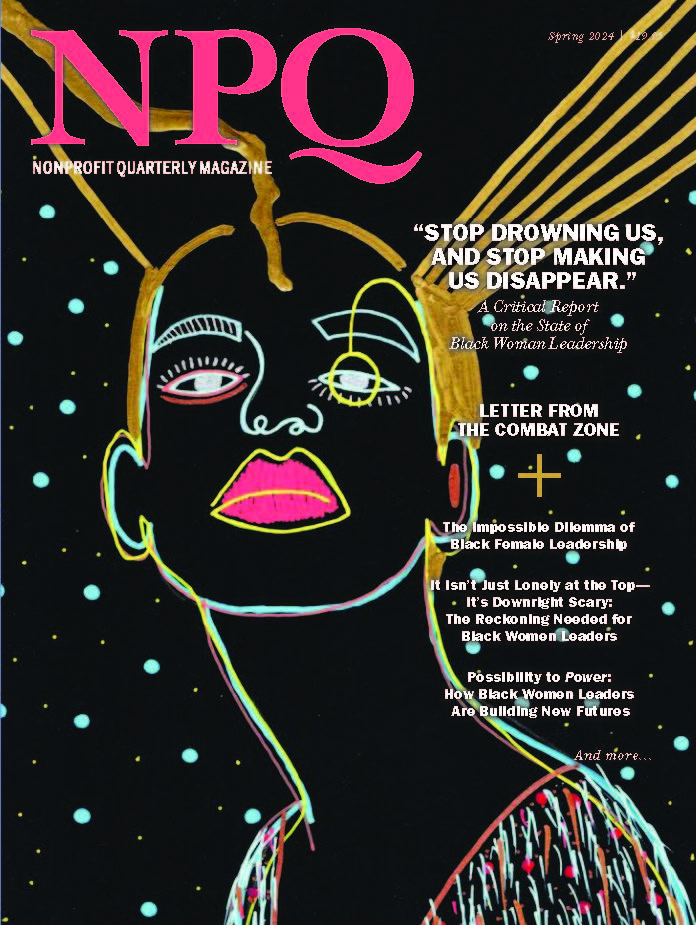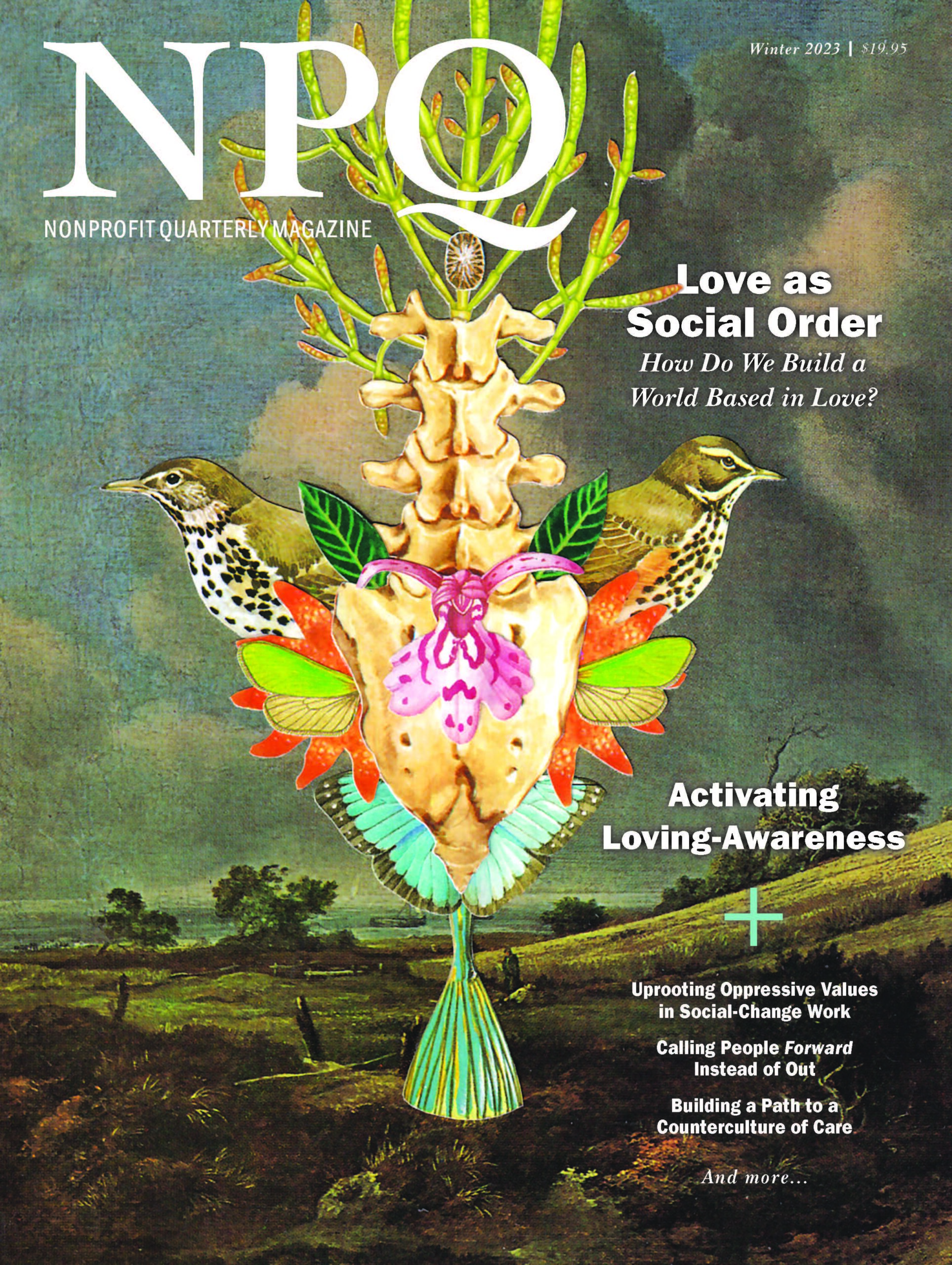
The solidarity economy is a democratic, postcapitalist economic systems, based on values of solidarity and decentralized equitable ownership of resources.
The notion of a solidarity economy emerged in Latin America and Europe in the 1990s in the wake of the demise of the Soviet Union and state-dominated authoritarian forms of socialism. In contrast, the solidarity economy is committed to participatory democracy and favors decentralized, democratic planning. Its core principles are solidarity, participatory democracy, equity in all directions (race, gender, etc.), sustainability, and pluralism.
In the United States, the solidarity economy gained popularity in the 2010s, in the wake of the Occupy Movement of 2011 and the rise of the Black Lives Matter movement. Energy behind this vision of a solidarity economy can be seen in the spread of democratic economic practices at the local level, such as participatory budgeting, worker cooperatives, community land trusts, peer lending, and universal basic income, among others.

















